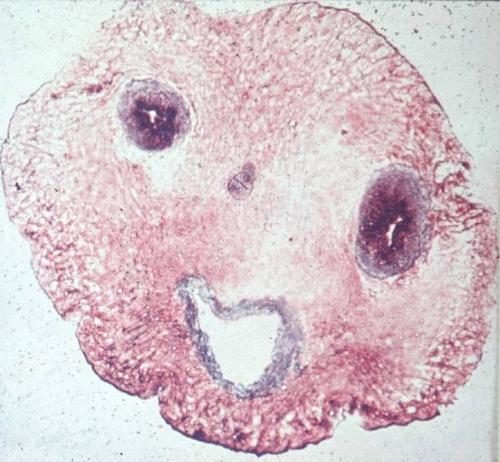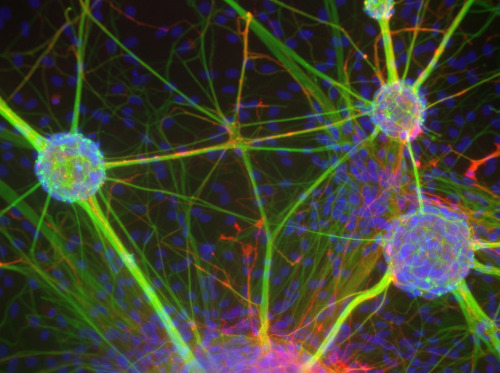Мда... Читаем на http://www.eurekalert.org/pub_releases/2010-03/jaaj-oot022510.php:
Offspring of 2 psychiatric patients have increased risk of developing mental disorders
Offspring of two parents with schizophrenia or bipolar disorder appear more likely to develop the same illness or another psychiatric condition than those with only one parent with psychiatric illness, according to a report in the March issue of Archives of General Psychiatry, one of the JAMA/Archives journals.
The offspring of two parents with psychiatric illness represent an extremely high-risk group, according to background information in the article. Studying these children permits researchers to assess the risk associated with two sources of genetic predisposition to mental disorders. "Such risks will be of use to genetic counselors to inform personal decisions with regard to marriage, family formation, adoption and health insurance planning," the authors write.
Irving I. Gottesman, Ph.D., Hon.F.R.C.Psych., of the University of Minnesota Medical School, Minneapolis, and colleagues studied a population-based cohort of 2.7 million individuals born in Denmark. The researchers matched records in a general registry of the population with a database of psychiatric admissions. They identified individuals whose parents had both been admitted to psychiatric facilities for schizophrenia and bipolar disorder, and compared the rate of psychiatric admissions for these individuals to those of offspring with one or no parents admitted to psychiatric facilities.
Rates of schizophrenia were highest among offspring of two parents with schizophrenia. Of the 196 couples who both had schizophrenia, 27.3 percent of their 270 children were admitted to a psychiatric facility, increasing to 39.2 percent when schizophrenia-related disorders were included. This compared with a rate of 7 percent among 13,878 offspring of 8,006 couples in which one parent had schizophrenia and 0.86 percent in 2.2 million offspring of 1 million couples in which neither parent was admitted for schizophrenia.
Similarly, the risk of bipolar disorder was 24.9 percent in 146 offspring of 83 parent couples who were both admitted for bipolar disorder (increasing to 36 percent when unipolar depressive disorder was also included). This compared to a risk of 4.4 percent among 23,152 offspring of 11,995 couples with only one parent ever admitted for bipolar disorder and 0.48 percent in 2.2 million children of 1 million couples with neither parent ever admitted.
When one parent had bipolar disorder and the other had schizophrenia, offspring had a 15.6 percent risk of schizophrenia and an 11.7 percent risk of bipolar disorder.
The risks in this population "are of such a magnitude that they command clinical and national public health attention in countries with health care roughly similar to Denmark's," the authors write.
"It is important to keep in mind that the yields from genetic epidemiology and the strategies implemented are applicable to groups of people, not to the individuals themselves," they conclude. "However, by joining advances in molecular genetics that are adapted for use in epidemiological genetic screening, our kinds of data with the risk groups described might lead to a large and rapid step forward in the understanding of the etiologies of major mental disorders."
24.03.2010
У двух психов вероятность родить третьего повышается
Подписаться на:
Комментарии к сообщению (Atom)











0 +:
Dí lo que piensas...